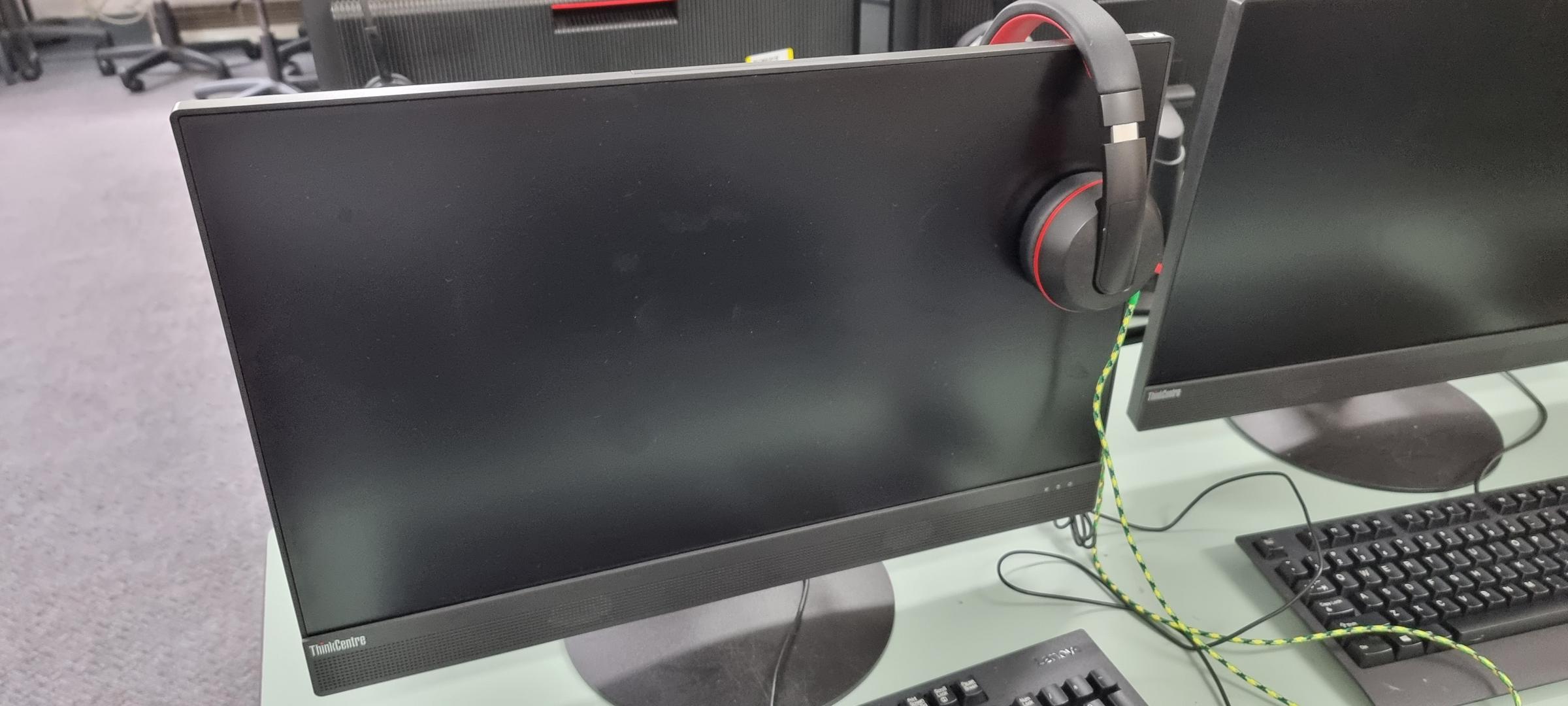Digi Tech

Five tips for parents
Tuning into our children can be a very positive experience for everyone. Here are five useful tips for parents from the esmart organisation.
1. Be Curious
Ask your child about what game they are playing. Get them to show you what they are doing. Ask then why is it fun?
Showing an interest in your child’s tech life and having them teach you about it, is a great way for you to build an understanding and empathise with your child’s interest – it may change the way you see their technology use, alleviate some concerns and change how you make decisions around it.
2. Build a Sharing Culture
Even with young children – show them photos on your phone, or your favourite websites. Influence them by sharing videos you might find that they might not see and then foster that as they become older. Encourage sharing things they find on social media (not by following them) by sending a message or just showing it on their phone screen.
Normalise that there are things they want to show and share, some things they won’t – and so that should be – parents shouldn’t know everything their child does or says with friends.
You want to build a relationship of sharing, so when something does go wrong for them, and they need help – they come to you.
3. Be respectful
Make sure you show children how to be respectful around technology. This means not turning off the internet connection or computer mid game. This means not dealing with an issue when you are angry and frustrated.
As the adult, you should create space for conversations about issues you have with your child’s technology use. Just dictating what and when they should lay is not supporting them to develop, grow or learn to negotiate, and make good decisions.
You want your child to be a respectful person, so model that behaviour to them.
4. Invite Your Child to Do Other Things
Rather than dictate when children can or can’t use computers, prioritise other things. Have a family board game night. Watch sport together. Take a weekly walk with your child.
Rather than setting a time limit, create spaces for things you know are also beneficial and good for your child and family. Then ‘screen time’ becomes less important as an idea and how we spend time doing a variety of things as a family and for ourselves becomes the focus.
5. Trust Yourself
You re the expert in understanding your child. You know them better than the people who write books, or give you ‘Five Tips for Parents’. Be clear on your values and your expectations, talk and know as a family what is important to you. It will be awkward and strange, teenegers might not say anything – but that is ok – try it, normalise it.
It is far better than just trying to control and micromanage our children – that only causes tension and arguments, and doesn’t support them to appropriately use technology in their lives now and in the future.
from esmart.org.au





